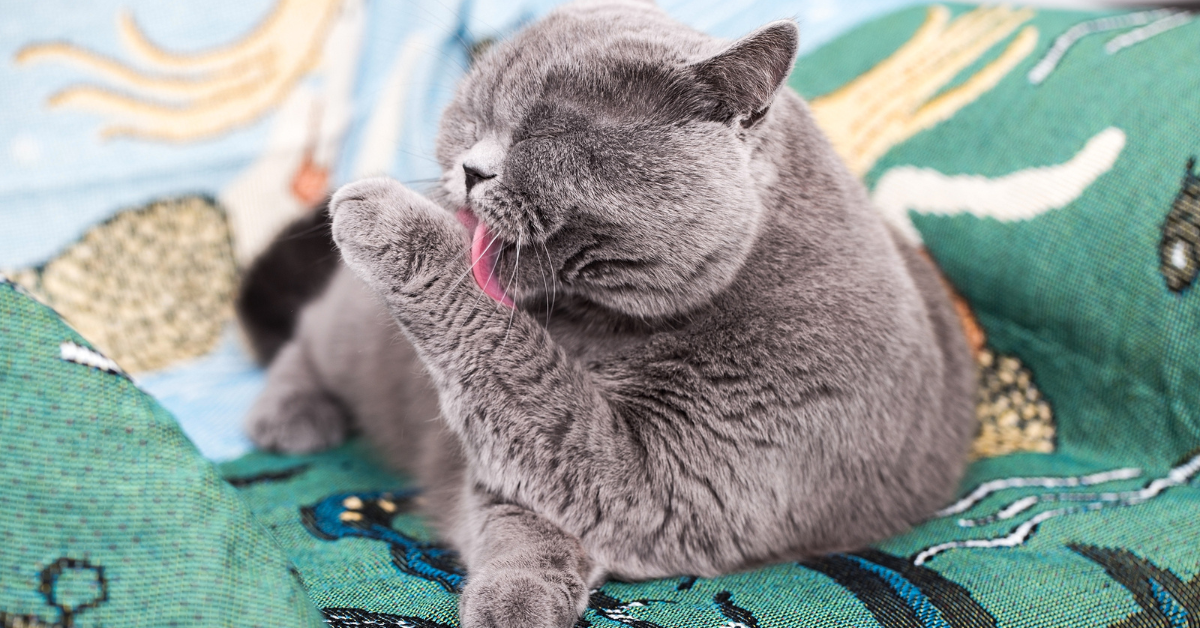Is Pet Insurance Right For Me?

There are roughly 160 million households in the United States, and 100 million of them have pets. Out of that number, only 2% of dog owners and 0.5% of cat owners have insurance for their pet.
Right now, you're probably wondering if pet insurance is right for you, and if yes, what are the main benefits, and how will you be able to enroll your pet in a plan?
In this feature, we will answer some of the most frequently asked questions relating to pet insurance, and we hope that we can point you in the direction that works best for you and your pet.
Let's get started!
AN OVERVIEW
Let's admit it, owning pets can become quite expensive. From food, toys, medical bills, to even basic grooming, cost can quickly add up. Yet, as a pet parent, you've likely shelled out a pretty penny every now and then to ensure your pet has everything he or she needs to live a happy, healthy life.
A study from the American Kennel Club states that owning a pet can cost owners anywhere between $23,000 and $40,000 over the lifetime of their pet. This includes all the basic necessities, accessories, and an optional cost of having pet insurance, which most people decline.
When you bring your pet to a veterinarian, the bill can be quite costly. On average, veterinarian visits can cost anywhere from $100 – $1000 per visit, depending on your pet's ailment.
Which brings us to the matter at hand: is pet insurance right for you?
HOW DOES PET INSURANCE WORK?
For a better understanding, let's talk about what makes pet insurance different from the health insurance you might purchase or enroll in for yourself.
In most cases, when your pet has insurance, you are still going to pay your veterinarian and cover the charges out of pocket. Afterwards, you'll submit your claim, and then your chosen pet insurance provider will reimburse you, if applicable.
It's also important to know that the amount you have spent will not be reimbursed right away. In most cases, the time it takes for an amount to be credited back to you can range from 1 week to 2 month, depending on your preferred insurance company. When signing up for an insurance plan, don't expect to be able to use your benefits immediately. It may take a few weeks before you can maximize the use of your pet's insurance.
Often, the younger the pet is, the cheaper insurance is going to be.
HOW MUCH DOES PET INSURANCE COST?

The answer to the question above is entirely subjective.
The rates vary most of the time usually depending on how old your pet is, whether they have any pre-existing conditions, where you are currently located, and what breed or type of animal you have.
According to the North American Pet Health Insurance Association, the average monthly insurance cost is $47 for dogs and $29.50 for cats.
Luckily, most pet insurance providers have free quotes available online.
However, keep in mind that the reimbursement amount is not 100%, and you will only get 70% – 90% of the total expenses reimbursed.
Right now, you still may be hesitant, and wondering if enrolling in a pet insurance plan is a viable option for you. Let's take a closer look at what enrollment could mean for you and your pet.
THE PERKS OF PET INSURANCE
Many pet parents struggle with whether or not to commit to a plan. While we'd never doubt the love you have for your pet, the associated costs are enough to make any pet parent weigh the cost and the benefits.
At the basic level, a pet insurance plan can offer peace of mind. Should sickness or injuries come your pets way, the financial burden is often eased, as reimbursements are available when applicable. When you're confronted with medical emergencies, you are less likely to be caught off guard in terms of expenses.
DIFFERENT PET INSURANCE OPTIONS
Below are some of the most common types of pet insurance plans:
Wellness – covers check-ups, yearly vaccines, and routine care but does not cover accidents and injuries.
Accident Only – covers emergency care related to accidents but does not cover pre-existing conditions, illnesses, and breed-specific issues.
Accident Illness – covers treatments and test for accidents and illnesses but does not cover routine care and pre-existing conditions.
Accident Illness with Wellness – covers all expected and unexpected treatments but does not cover pre-existing conditions.
HELPFUL TERMS
Before considering enrolling in any pet insurance program, it helps to be familiar with some of the most common terms.
- Premiums – pertains to how much you pay out of pocket monthly
- Deductible – pertains to the costs you'll pay before the insurance activates
- Co-Pay – pertains to the cost percentage that your chosen pet insurance provider won't reimburse
- Caps/Limits – pertains to the maximum amount that your insurance provider will reimburse
- Exclusions – pertains to the provided list that indicates what is not covered by your chosen pet insurance provider
THE WRAP UP
At the end of the day, it's not a bad idea to have your pet insured. No one can predict when an unfortunate situation will arise, and it always helps to have insurance to back you up and cover you financially.
Before enrolling your pet in any insurance program, it helps to seek advice from your veterinarian and ask what company that can recommend, if any, as investing in your pet's health and well-being is always a good idea!
Related posts
View all-

5 Simple Tips to Make Sure Your Cat Drinks Enough Water
Ensuring your cat stays hydrated is important, but it can be challenging since many cats don't drink enough water. Dehydration can lead to kidney disease and other health issues. Fortunately, you can encourage your cat to drink more with a few simple changes. Read Article -

How to Keep Your Cat Busy at Night (So You Can Sleep)
For many cat owners, the quest for a good night's sleep while keeping their feline friends content and engaged can seem like a never-ending battle. Cats, naturally more active at night or early in the morning, often disrupt your sleep schedules with nocturnal activity, whether through playful nature or seeking attention. Read Article -

Should You Bathe Your Cat? Everything You Need to Know About Cat Hygiene
When it comes to cat hygiene, a common question among cat owners is, "Should you bathe your cat?" Understanding how to care for felines, especially bathing cats properly, is crucial for maintaining their overall health. Most cats are fastidious groomers, but specific scenarios like long-haired cats getting dirty or skin irritations, might require a bath.
Read Article





